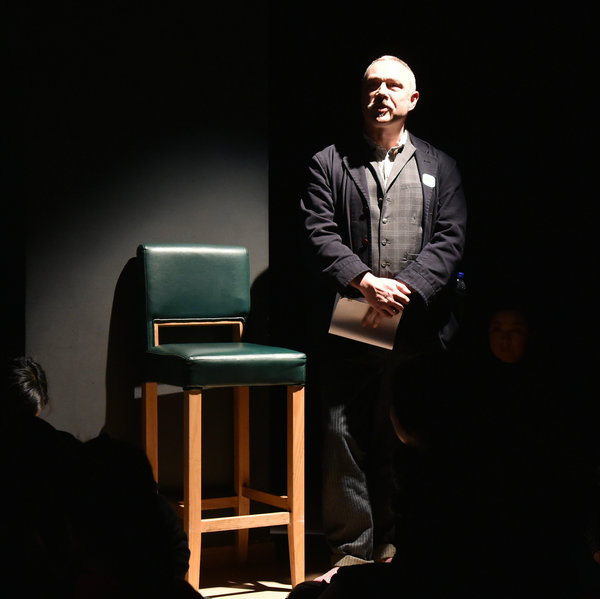 |
|
Tony Reekie, International director, the Art Space for Kids [Photo/China Daily] |
A growing number of theater artists as well as big names, such as Oscar-winning composer Tan Dun, have expressed their readiness to work on children's theater productions.
Though the market is currently filled with opportunities, Zhu says it will take more than business acumen to have successful theater productions for children in China. The stage is more than just entertainment for young audiences-it is a "spiritual product" that can fill voids in school and family education.
To create a good productions, she says theater managers, actors and actresses need to focus on the art and children's requirements rather than just on profit.
Child psychology
Traditionally, children's theater comprises just one or two segments, such as a dance or puppet show. But Reekie says the trend these days is for productions to feature a variety of disciplines. Production companies have also started to create performances for babies as young as 6 months.
Infants are somehow engaged by abstract visual communication.
All these trends in the global industry have inherently remolded the creation process for children's theater. Reekie says writers now do not merely pen a script, as was traditionally expected of them. They help to conceptualize the entire production, which at times may not even feature the use of language.
"It's all about using different ways to say something. There are even pieces which are just installations, with no actors involved. They are all about the space and architecture," Reekie says.
While a children's production can be based on almost any subject, there are certain elements that should be avoided, he says.
"I don't think you should be cynical with children, and I don't think you should be hopeless," Reekie says.
"Life can't be fixed by turning on a switch. You can show children that things don't always end happily but they must be able to feel as if they can do something about it."